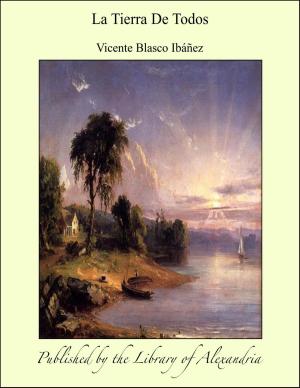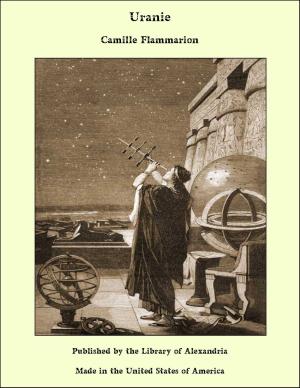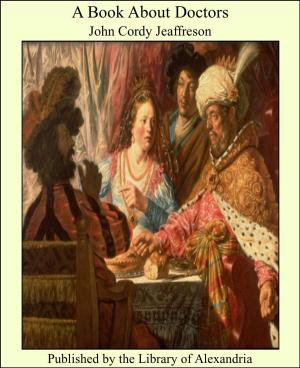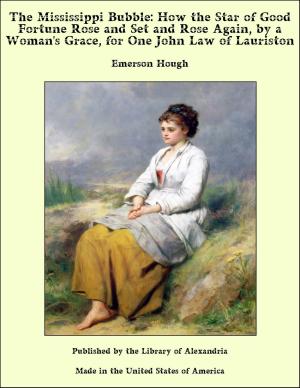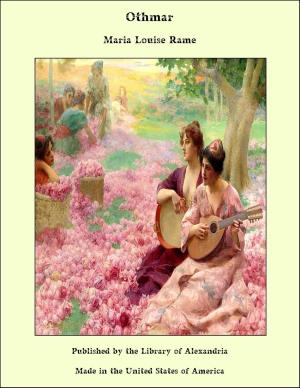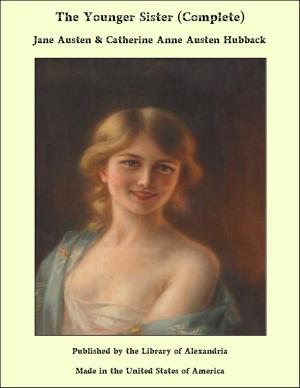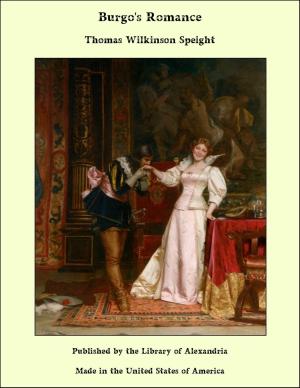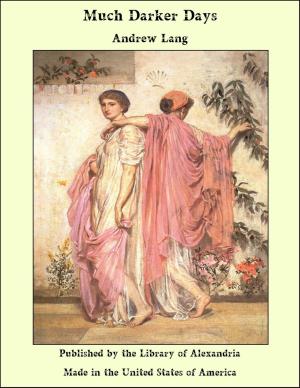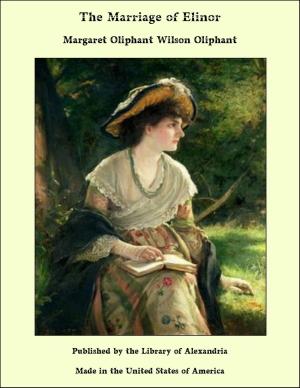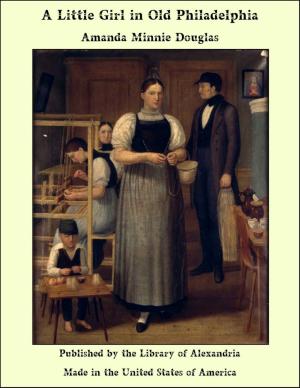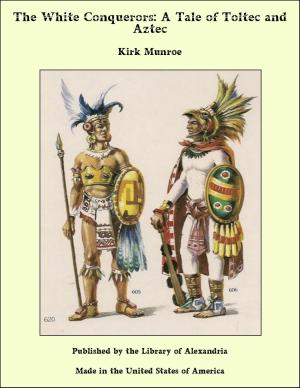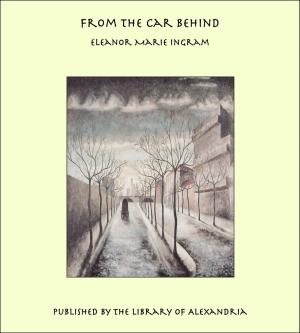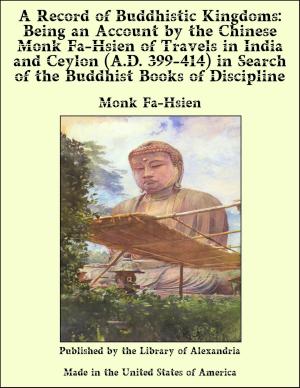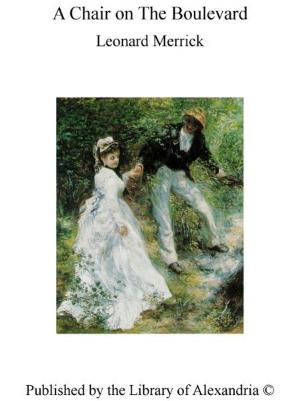Miscellaneous Writings and Speeches (Complete)
Nonfiction, Religion & Spirituality, New Age, History, Fiction & Literature| Author: | Baron Thomas Babington Macaulay | ISBN: | 9781465585561 |
| Publisher: | Library of Alexandria | Publication: | March 8, 2015 |
| Imprint: | Language: | English |
| Author: | Baron Thomas Babington Macaulay |
| ISBN: | 9781465585561 |
| Publisher: | Library of Alexandria |
| Publication: | March 8, 2015 |
| Imprint: | |
| Language: | English |
Lord Macaulay always looked forward to a publication of his miscellaneous works, either by himself or by those who should represent him after his death. And latterly he expressly reserved, whenever the arrangements as to copyright made it necessary, the right of such publication. The collection which is now published comprehends some of the earliest and some of the latest works which he composed. He was born on 25th October, 1800; commenced residence at Trinity College, Cambridge, in October, 1818; was elected Craven University Scholar in 1821; graduated as B.A. in 1822; was elected fellow of the college in October, 1824; was called to the bar in February, 1826, when he joined the Northern Circuit; and was elected member for Calne in 1830. After this last event, he did not long continue to practise at the bar. He went to India in 1834, whence he returned in June, 1838. He was elected member for Edinburgh, in 1839, and lost this seat in July, 1847; and this (though he was afterwards again elected for that city in July, 1852, without being a candidate) may be considered as the last instance of his taking an active part in the contests of public life. These few dates are mentioned for the purpose of enabling the reader to assign the articles, now and previously published, to the principal periods into which the author's life may be divided. The admirers of his later works will probably be interested by watching the gradual formation of his style, and will notice in his earlier productions, vigorous and clear as their language always was, the occurrence of faults against which he afterwards most anxiously guarded himself. A much greater interest will undoubtedly be felt in tracing the date and development of his opinions.
Lord Macaulay always looked forward to a publication of his miscellaneous works, either by himself or by those who should represent him after his death. And latterly he expressly reserved, whenever the arrangements as to copyright made it necessary, the right of such publication. The collection which is now published comprehends some of the earliest and some of the latest works which he composed. He was born on 25th October, 1800; commenced residence at Trinity College, Cambridge, in October, 1818; was elected Craven University Scholar in 1821; graduated as B.A. in 1822; was elected fellow of the college in October, 1824; was called to the bar in February, 1826, when he joined the Northern Circuit; and was elected member for Calne in 1830. After this last event, he did not long continue to practise at the bar. He went to India in 1834, whence he returned in June, 1838. He was elected member for Edinburgh, in 1839, and lost this seat in July, 1847; and this (though he was afterwards again elected for that city in July, 1852, without being a candidate) may be considered as the last instance of his taking an active part in the contests of public life. These few dates are mentioned for the purpose of enabling the reader to assign the articles, now and previously published, to the principal periods into which the author's life may be divided. The admirers of his later works will probably be interested by watching the gradual formation of his style, and will notice in his earlier productions, vigorous and clear as their language always was, the occurrence of faults against which he afterwards most anxiously guarded himself. A much greater interest will undoubtedly be felt in tracing the date and development of his opinions.

